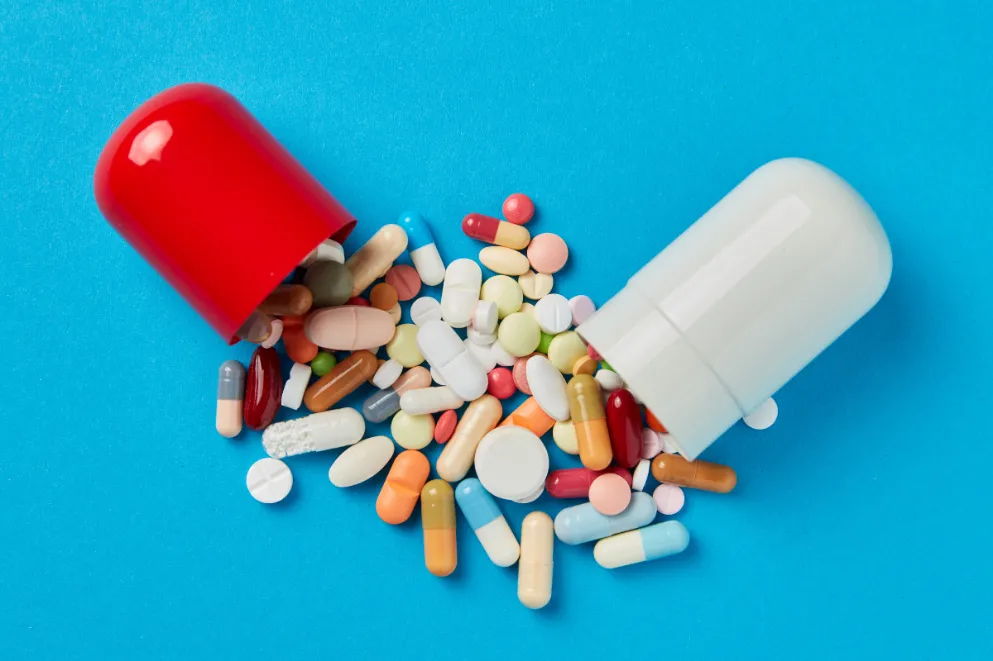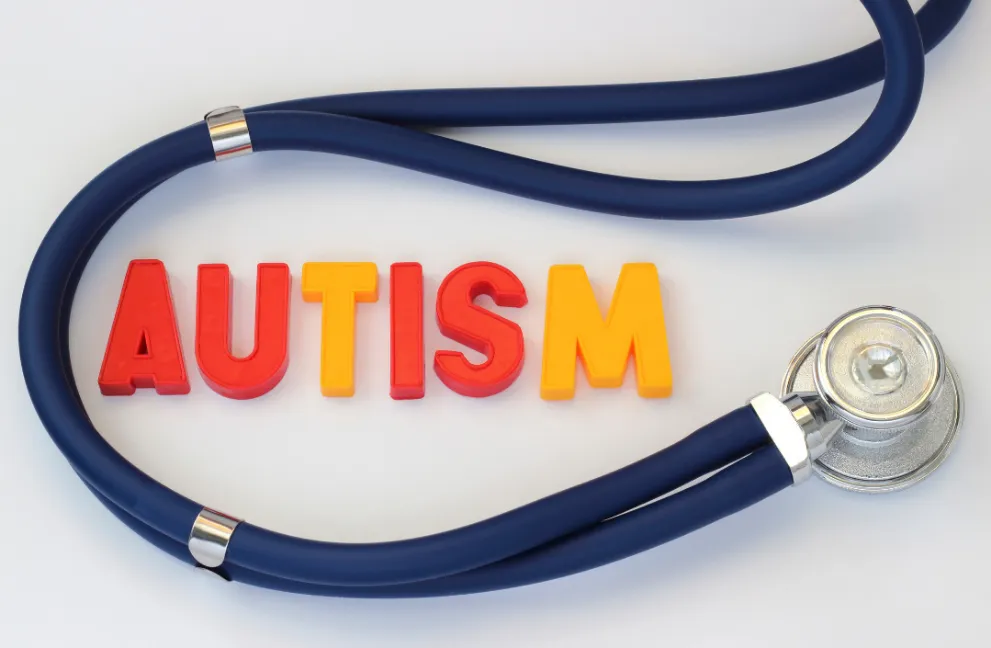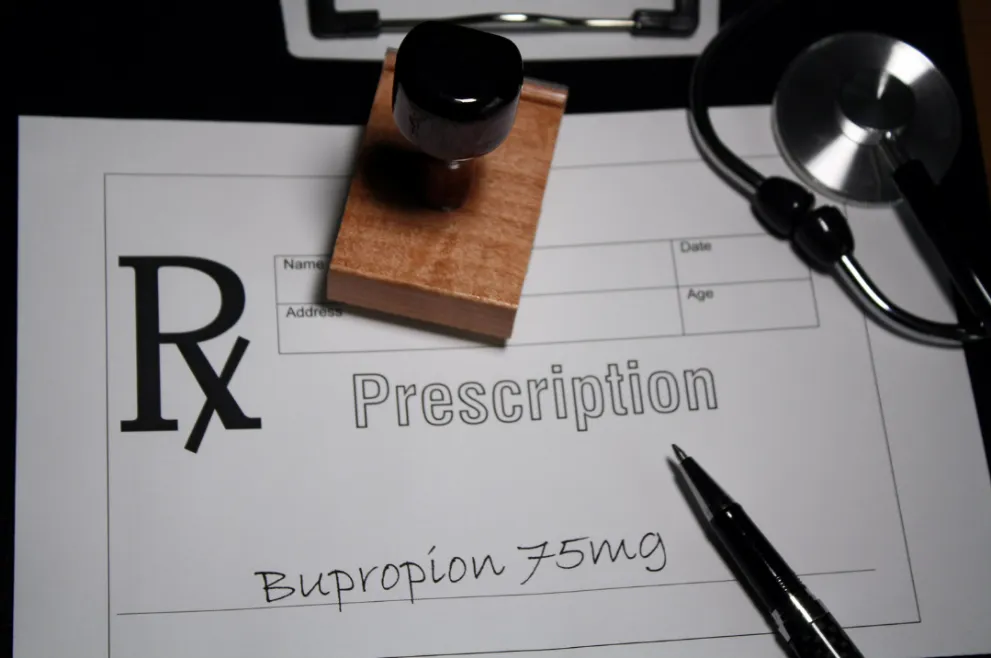Firstly, it's important to be aware that Vyvanse can cause some side effects and withdrawal symptoms. It also has the potential to be habit-forming, so it's essential to use it as directed by your healthcare provider. Moreover, combining Vyvanse with other medications can lead to interactions that might harm your health. Let's delve a little deeper into this topic, focusing on six specific drugs that should never be mixed with Vyvanse.
Some Potential No-Go Combinations with Vyvanse
Vyvanse can interact with specific prescription drugs, over-the-counter medications, nutritional supplements, and even certain types of food. These interactions can impact the medication's effectiveness or safety. However, when we say you should avoid certain medications while using Vyvanse, we're only scratching the surface. There are several drugs, and we'll cover six major ones below. For the complete picture, it's best to talk to your doctor or pharmacist before adding any medication to your regimen alongside Vyvanse.
1. Monoamine Oxidase Inhibitors (MAOI): For those taking monoamine oxidase inhibitors (MAOIs) for depression, it's essential to steer clear of Vyvanse. The general rule is to avoid taking Vyvanse if you are on an MAOI or have taken one within the past 14 days. That's because MAOIs slow down the breakdown of amphetamines, which can lead to headaches and potentially life-threatening hypertensive crises. MAOIs include medications like phenelzine (Nardil), isocarboxazid (Marplan), tranylcypromine (Parnate), and selegiline (Emsam).
2. Antidepressant Medications: Mixing certain antidepressants with Vyvanse can increase the risk of side effects and potentially trigger a condition called serotonin syndrome. This condition is rare but can be life-threatening, with symptoms like sweating, rapid heart rate, fever, muscle stiffness, and confusion. Some of the antidepressants to avoid include SSRIs such as fluoxetine (Prozac), citalopram (Celexa), and sertraline (Zoloft), SNRIs like venlafaxine (Effexor XR), desvenlafaxine (Pristiq), and duloxetine (Cymbalta), and TCAs such as amitriptyline, nortriptyline (Pamelor), and imipramine (Tofranil).
3. Triptans: Triptans, often prescribed for migraine headaches, can cause trouble when combined with Vyvanse. They can lead to a higher risk of serotonin syndrome, a potentially life-threatening condition. Some commonly prescribed triptans include zolmitriptan (Zomig), sumatriptan (Imitrex), naratriptan (Amerge), and eletriptan (Relpax).
4. Lithium: Lithium (Eskalith), a mood stabilizer often prescribed for individuals with bipolar disorder, doesn't play well with Vyvanse. The combination can increase your risk of developing serotonin syndrome. If Lithium is part of your treatment plan, your doctor can adjust your Vyvanse dosage or suggest alternative ADHD treatments.
5. Acetazolamide: Acetazolamide (Diamox) is usually used to treat specific types of glaucoma and alleviate symptoms of altitude sickness. When combined with Vyvanse, it can raise the plasma levels of Vyvanse, increasing the risk of side effects.
6. St. John's Wort: Dietary supplements like St. John's Wort, often used for depression, can also interact with Vyvanse, potentially leading to serotonin syndrome. It's important to discuss all dietary supplements, herbal remedies, and over-the-counter medications you're taking with your doctor to avoid any unintended drug interactions and maintain your overall health.
Tips to Minimize the Risk of Vyvanse Interactions
Before starting Vyvanse, it's crucial to share your complete health history with your doctor or pharmacist. Vyvanse may not be suitable for individuals with certain medical conditions, such as high blood pressure or heart disease.
You should also provide a comprehensive list of all current medications you're taking, including prescription drugs, over-the-counter medications, and herbal supplements. This information will allow your healthcare provider to prevent any potentially severe and even fatal drug interactions between Vyvanse and other medications.
Remember, your health and wellbeing are the priority. Always consult your healthcare professional before making changes to your medication regimen.
















